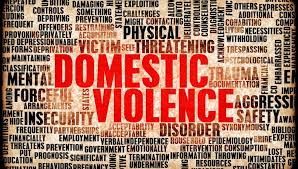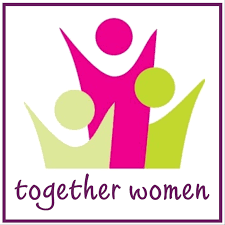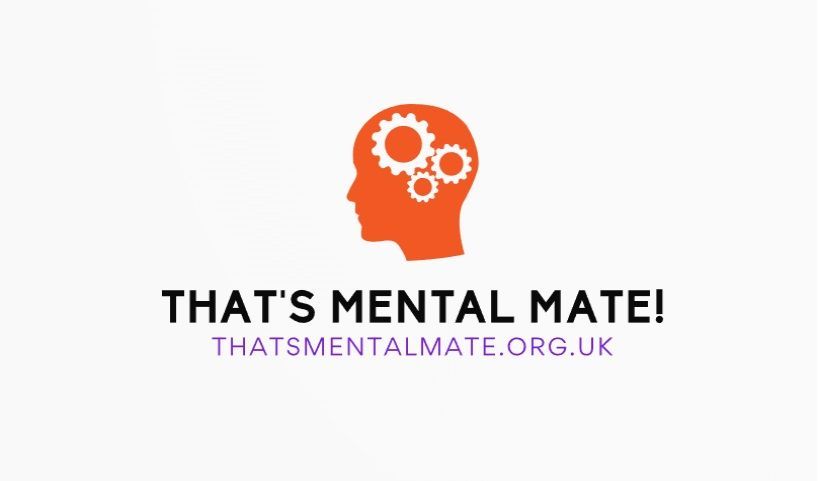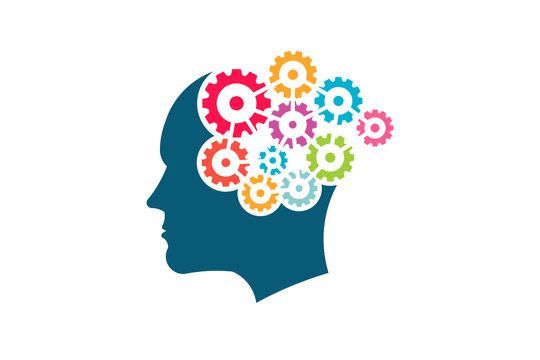Domestic Violence

Some 1.2 million women and 700,000 men experience domestic violence each year, according to the Office for National Statistics.
However, these figures relate only to official reports of violence, with the real figure likely to be much higher. The effect on survivors' mental health is profound and obvious.
- Domestic violence has an estimated overall cost to mental healthcare of £176 million.
- Research suggests that people experiencing domestic abuse are more likely to experience mental health problems. In contrast, women with mental health problems are more likely to be domestically abused, with 30-60% of people with mental health problems have experienced domestic violence.
- Domestic violence is associated with depression, anxiety, PTSD and substance abuse in the general population.
- Exposure to domestic violence has a significant impact on children's mental health. Many studies have found strong links between poorer educational outcomes and higher levels of mental health problems.
Support
Below are some local organisations that may be able to help you. If there are any organisations that you think should be listed, please let us know by clicking here.
If you would like to see some national organisations, please click here.
Hull DAP
Recognising if you are in an abusive relationship is the first step to getting help.
Everyone has arguments, and everyone disagrees with their partners, family members, and others close to them from time to time. We all do things at times which we regret, and which cause unhappiness to those we care about.
But if this begins to form a consistent pattern, then it is an indication of domestic abuse. It might not be easy to identify domestic abuse at first. While some relationships are clearly abusive from the outset, abuse often starts subtly and gets worse over time.
Together Women - Hull

Our centres offer safe, women-only spaces from which key workers and sessional staff provide needs assessment, action-planning, support and case management for women and girls. We work to empower women, providing them with the tools and confidence to lead healthier and happier lives.

It is vitally important that you contact the police on 999 if you are in immediate danger or 101 if the threat is not imminent. Nobody should be victim to domestic violence. You can also text 999 if you have registered for emergencySMS services.



